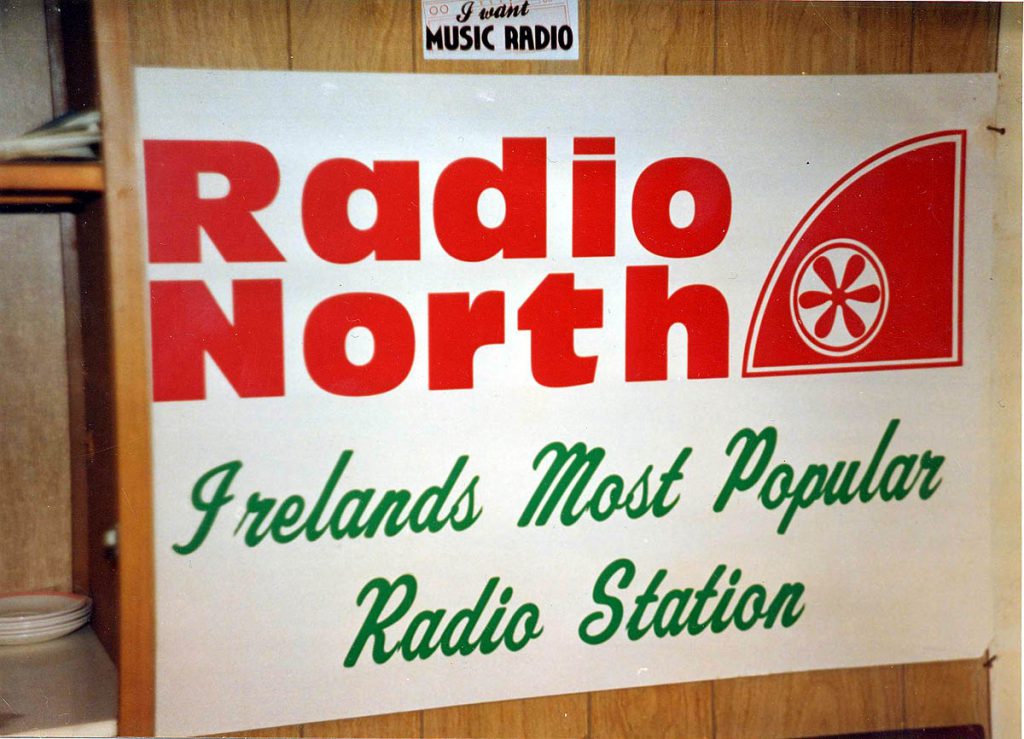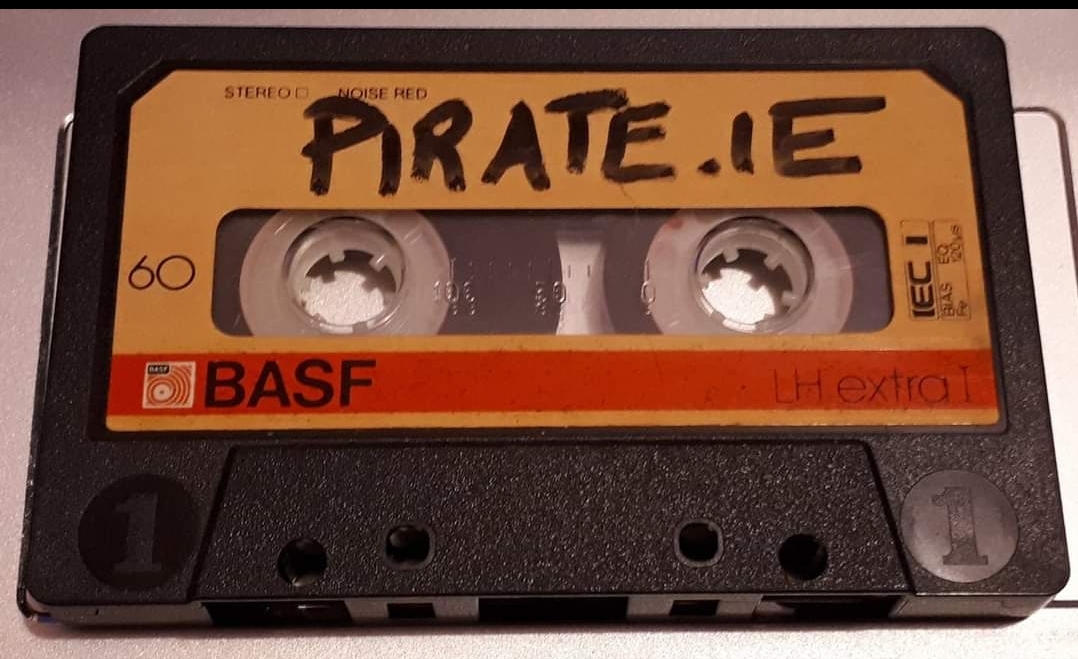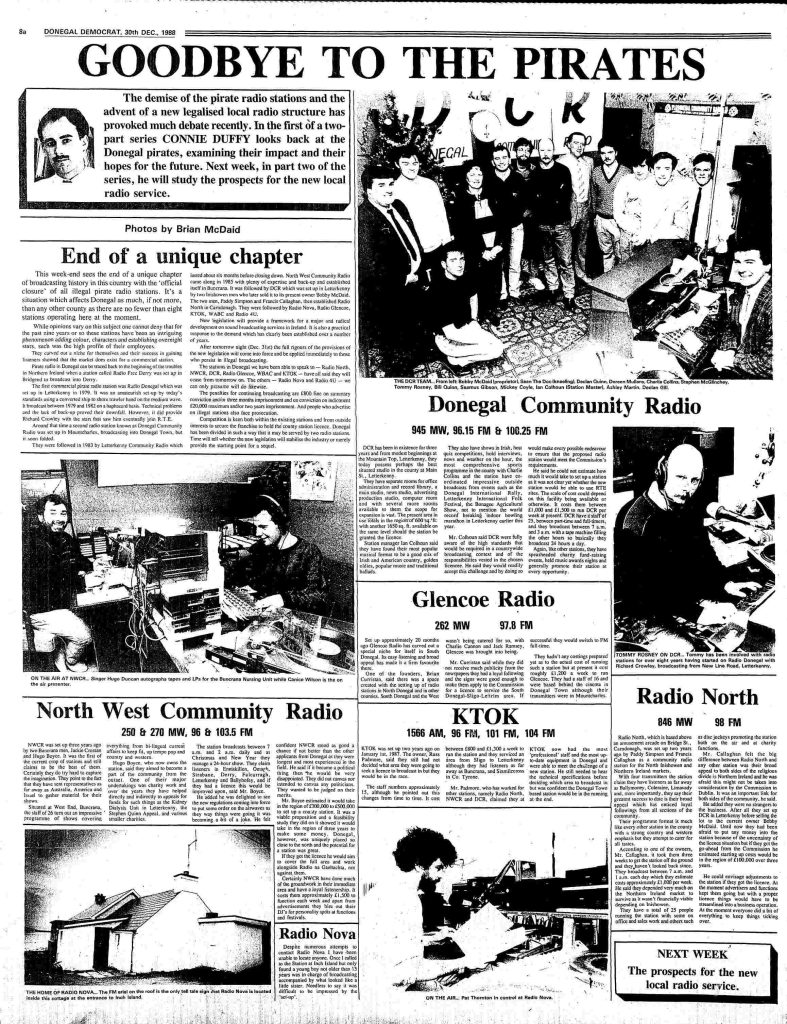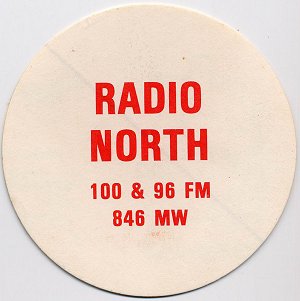Podcast: Play in new window | Download

Radio North from Co. Donegal is one of Ireland’s longest-running pirate stations, operating under various guises more or less continuously from 1986 to the current day. It began broadcasting from Carndonagh on the Inishowen peninsula on 18th November 1986 on 1386 kHz, later moving to 1404. By mid-1987, it had moved to the clearer channel of 846 kHz, which gave it better coverage over a wider area.
Radio North closed down along with the vast majority of the other pirate stations on 31st December 1988 but its frequencies were not silent for long. The station was among a handful of pirates to defy the new broadcasting laws and continue broadcasting in 1989. Radio North returned on tape on 5th January 1989 and resumed live programmes the following day on 97.9 FM and 846 kHz AM putting out its usually good signal into Britain, according to the Anoraks UK Weekly Report. Promos were aired to raise funds for the station’s court case against the 1988 legislation with £30,000 required, £10,000 of which would be provided by Radio North. Adverts from both sides of the border were plentiful but an address in Ballymoney in Co. Antrim was used for advertising in order to circumvent the provisions of the new laws banning advertising on pirate radio in the Republic.
This recording was made from 1005-1155 on Sunday 8th January 1989, just three days after Radio North returned to the air. DJ James plays a mixture of country, oldies and pop and there are requests and adverts from both sides of the border along with an appeal for donations to help the station fight the new broadcasting legislation in the High Court. The recording was made in Scotland and reception is fair with some electrical interference as would be expected given the distance from the broadcast site. We thank Ian Biggar for the donation.





